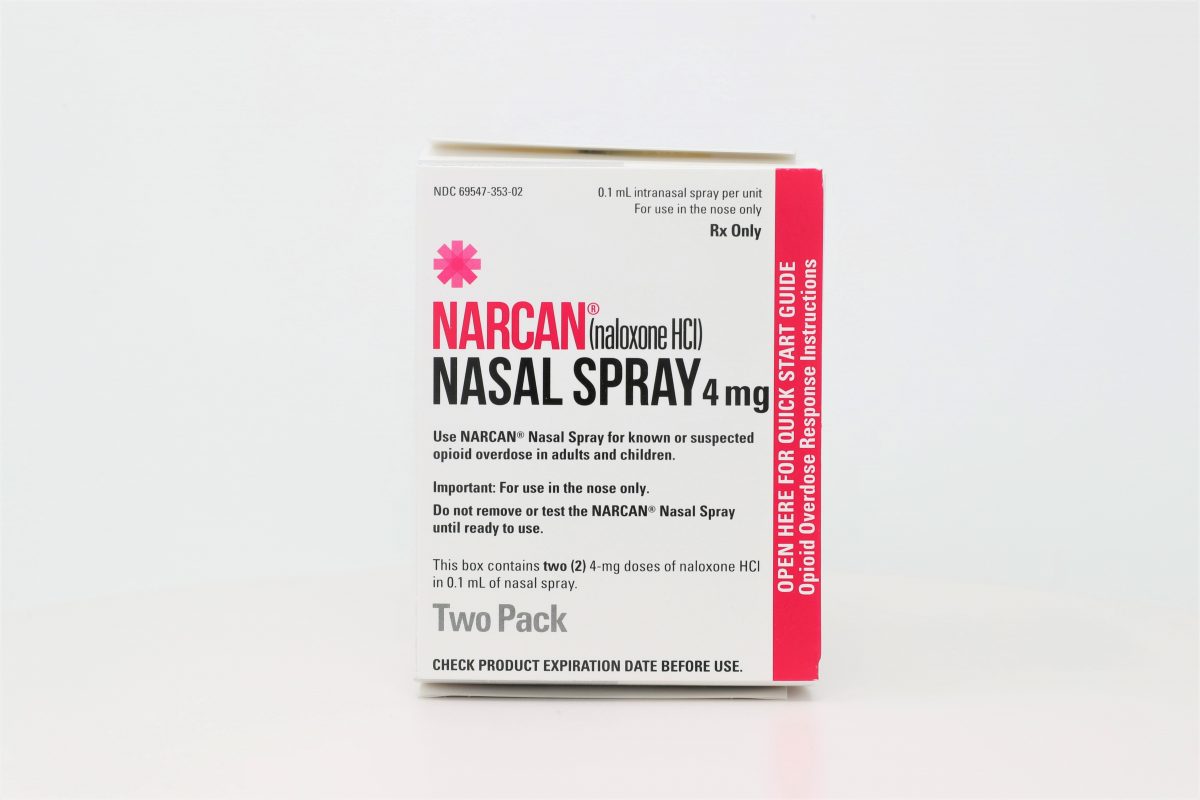Opioids are a class of drugs, both prescription and illegal, that are chemically related to and interact with opioid receptors in the brain and body to relieve pain. While prescription opioids are generally safe when used for a short time and under the supervision of a doctor, they can be misused.
Opioid overdoses happen when there is too much of a drug, or a combination of drugs, in the body and it becomes toxic. This affects the brain and disrupts the body’s ability to breathe, leading to reduced oxygen intake.
Understand The Risk Factors Of An Overdose
The risk of overdosing can increase through factors such as, but not limited to:
- Combining opioids with alcohol, prescriptions, or other illegal substances.
- Using opioids after a period of abstinence
- Recreational use of opioids
- Using opioids from a new source or in a new location
- Taking more opioids than prescribed
- Certain medical conditions, such as sleep apnea, or reduced kidney or liver function
In Black and brown communities there is a disparity of overdoses compared to white communities. This is due to a number of reasons such as:
- Fear of legal consequence
- Lack of respectful and culturally understanding care
- Lack of education about SUDs and overdoses
- Incarceration-first policing methods
Identify The Signs Of An Opioid Overdose
Knowing and recognizing the signs of an opioid overdose can save a life. Symptoms of an overdose include:
- Shallow or no breathing
- Pinpoint pupils
- Blue/Gray lips or fingernails
- Cold and clammy skin
- Choking or gurgling sounds
If you suspect an opioid overdose, immediately call 911 for medical help. Try to keep the person awake and breathing, laying them on their side to prevent choking. Stay with them until emergency workers arrive. If available, administer naxolone.
Have Narcan Available To Administer
Naxolone, best known by its brand name Narcan, is a nasal spray used for the treatment of a known or suspected opioid overdose emergency. It is used to temporarily reverse the effects of opioids while emergency services are called for medical help.
This drug carries no risk of abuse since it does not have an effect on people who are not taking opioid medicines.
Getting Narcan is simple. It is available over-the-counter from a pharmacist without a prescription from a doctor. You can also request Narcan from resources like PreventEd.
Dispose Of Prescription Medication
Opioid misuse can start through the misuse of prescription pain medication and opioids. If you have medication in your home that is expired or that you no longer use, safely dispose of them through disposal bags or your medicine drop off points.
While it is not advised to flush medications down the toilet, as medications cannot be filtered out by water treatment facilities, they can be flushed in an emergency. The FDA has many helpful resources for disposing of medications, including a flush list.
Storing medications safely is essential in keeping everyone in a home safe. Keep them in their original packaging and away from small children and pets. You can also invest in a medicine lock box that can be purchased at most local pharmacies and retail stores. And finally, never share medication with those it is not prescribed to as it can lead to harmful side effects.

